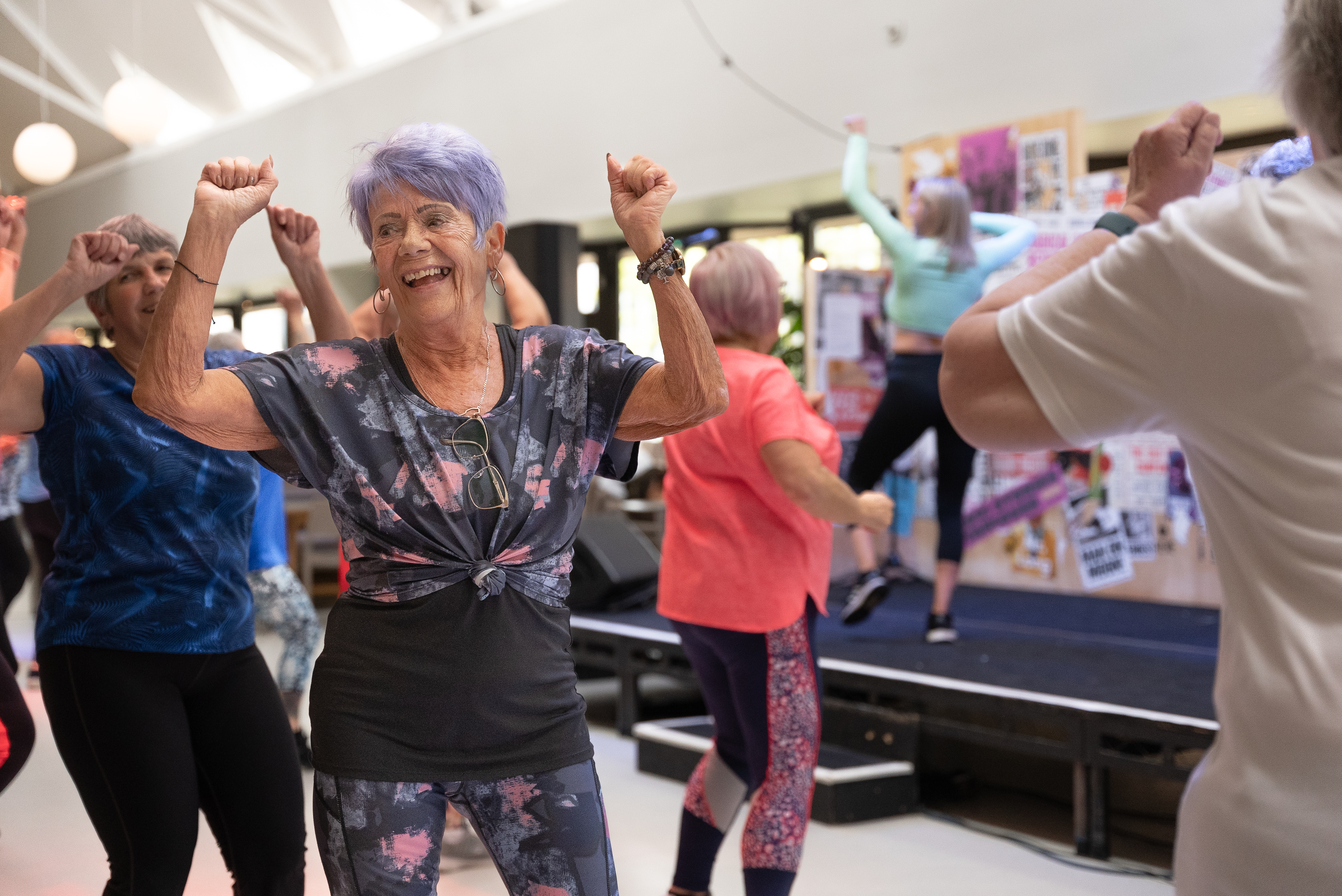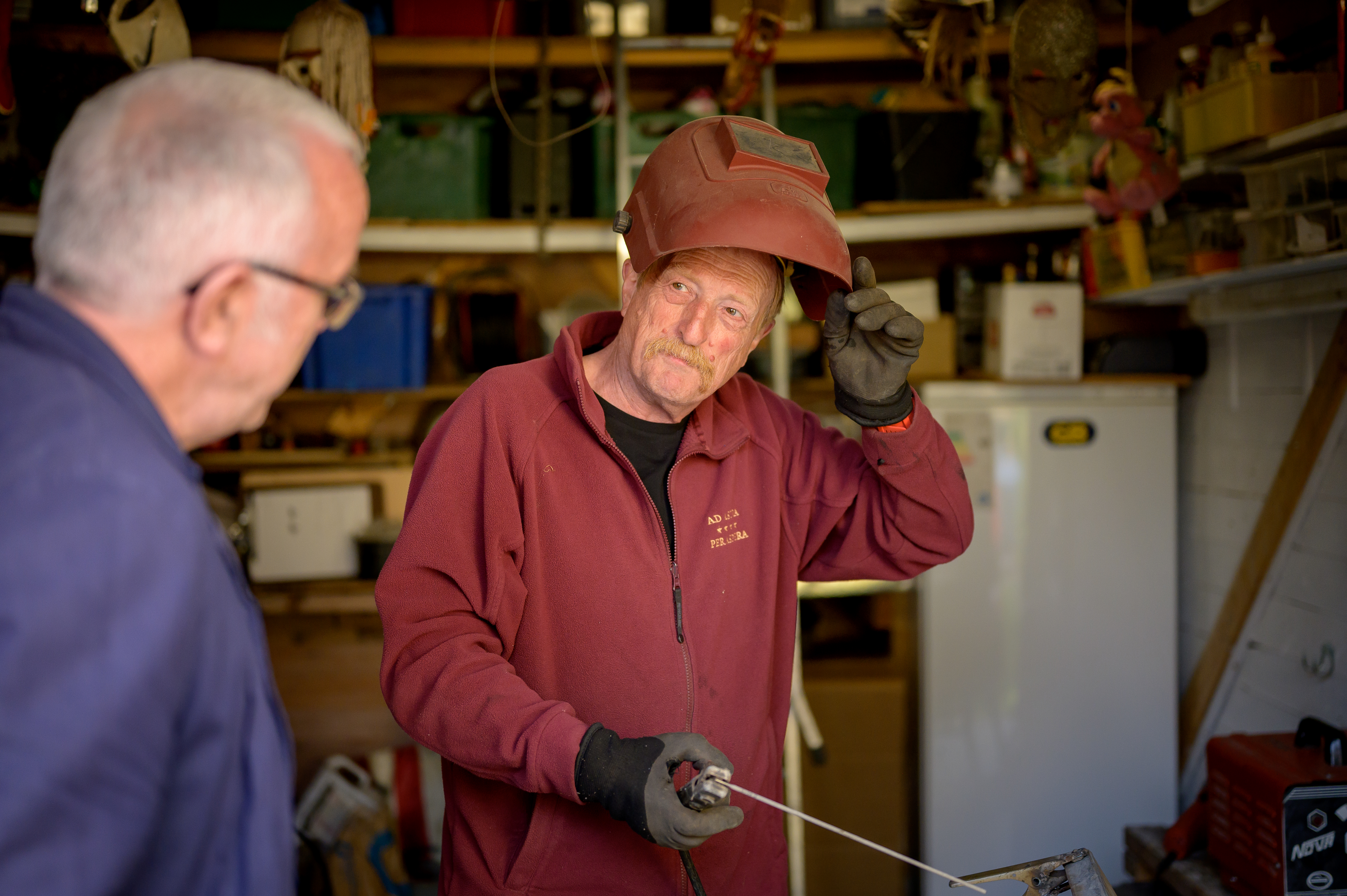Action Against Ageism

Although ageism is the most widespread form of discrimination in the UK, more than 40% of people have never thought about it before. We're backing a new campaign from the Centre for Ageing Better which sets out to highlight the issue of ageism. With new data revealing half of adults aged over 50 in England have experienced age discrimination in the last year, the campaign, Age Without Limits, aims to change the way we all think about ageing, tackle prejudices and empower people to age with confidence.
What is ageism?
Ageism is the stereotyping, prejudice and/or discrimination against people based on their age. It affects people of all ages and can have a profoundly damaging impact on us as we get older. Older people are often portrayed in a way that reinforces negative associations with getting older. It can impact our mental and physical health, and our finances, and also has a negative impact on the economy and wider society.
The three main types of ageism are:
- in society and organisations (embedded in laws, rules, policies and the ways things are done),
- between people (in interactions between individuals), and
- in ourselves (when a person has been exposed to ageism and as a result, changes their own thinking and behaviour).
Where might we see or experience ageism?
Ageism shows up in everyday life in lots of different ways. It might be through negative comments online about older people, telling ourselves we’re ‘too old for that’ or someone speaking in a patronising way to an older person at the supermarket. It could mean someone at work not being selected for a job or offered training because of their age, or someone older being offered medication instead of talking therapy for anxiety because it’s seen as a ‘usual’ part of getting older. However it shows up, evidence shows that ageism causes significant harm to us all.
Campaigning for change
We believe that everyone, everywhere, has a stake in changing how we view older age and that together, we can create a society where age is celebrated, and everyone, regardless of their age, can lead a life of dignity, respect and opportunity.
How you can begin to challenge ageism
- Reflect on your own attitudes towards ageing. Do you think you hold any ageist beliefs? Do you change your own behaviour and feelings because of age? You can take the ‘Are you ageist?’ quiz or contact us for a print version.
- Support this campaign by sharing social media content and raising awareness of ageism.
- Start challenging the ageist language people use in everyday conversations. Ageism is so ingrained in society, we barely notice it, so this is a great first step in getting people to understand ageism and think differently. But, never put yourself in a situation where you might feel unsafe. Use this guide for some support on how to get started.
- Host a discussion or workshop in your community, workplace or amongst friends or family to discuss ageism. Lots of conversation starters are available in the 'Challenging ageism resource pack', which you can request to receive in the post.
To learn more about ageism and how you can begin to challenge it, visit the Age Without Limits website.

